
We believe that biology has the great potential for a variety of problems, from curing diseases to empowering intelligence. It's our mission to provide sufficient technologies to make it happen. Ailurus Research strives to explore the areas that will fundamentally change how we understand, study and engineer biology.
Biological materials inherently possess the potential for encoding, self-construction, self-assembly, and self-repair, thereby exhibiting characteristics akin to both hardware and software in a conventional context.
We design novel molecules and structures with novel properties, serving as the groundwork for innovative functionalities, effectively the "hardware" that biological programs run upon.
Among those, creating new life forms is the holy grail of synthetic biology. This includes our pioneering work in synthetic organelles in bacterial cells that lack similar structures, which underpins the PandaPure purification method.
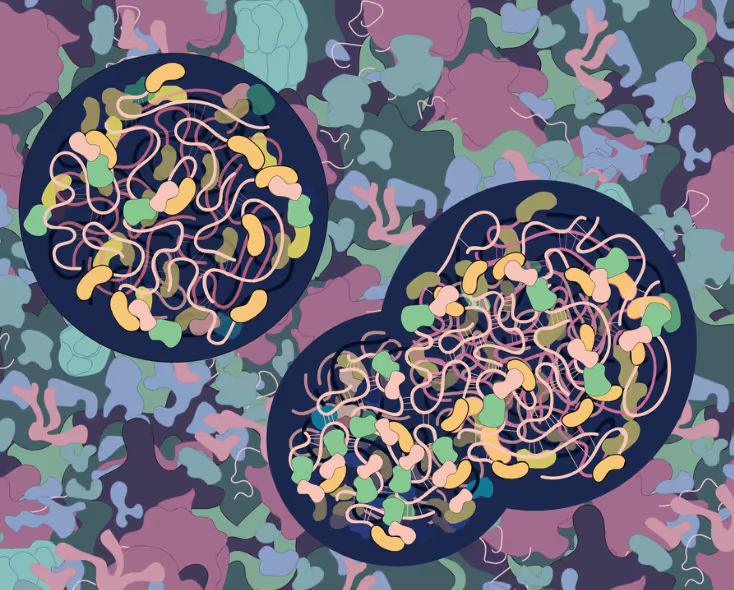
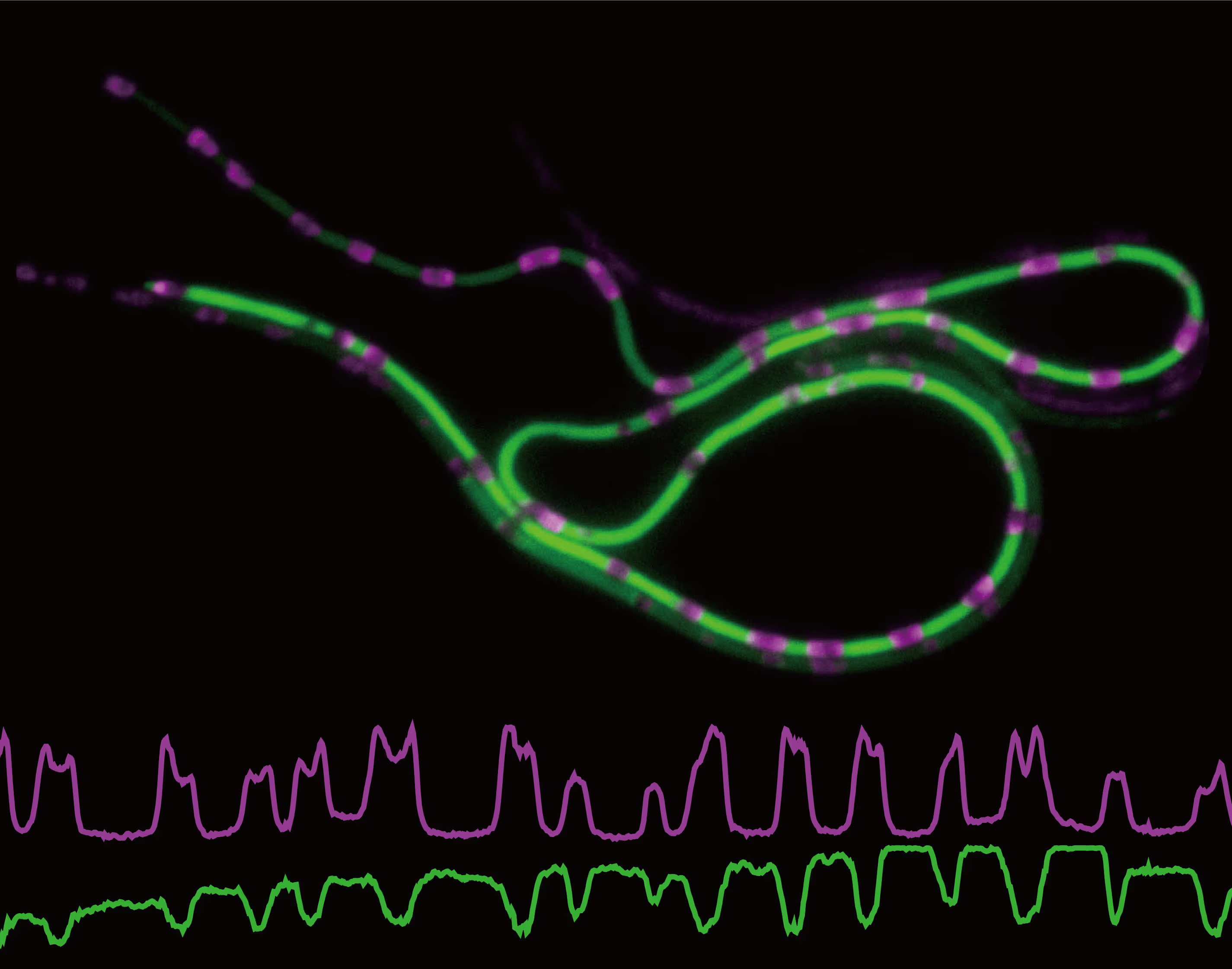
This work, originating from the 2017 iGEM Paris Bettencourt Project, reported the first demonstration of engineered liquid-liquid phase separation (LLPS) in bacteria. Published in Cell (2022), it includes comprehensive characterization from foundational research to metabolic engineering applications.
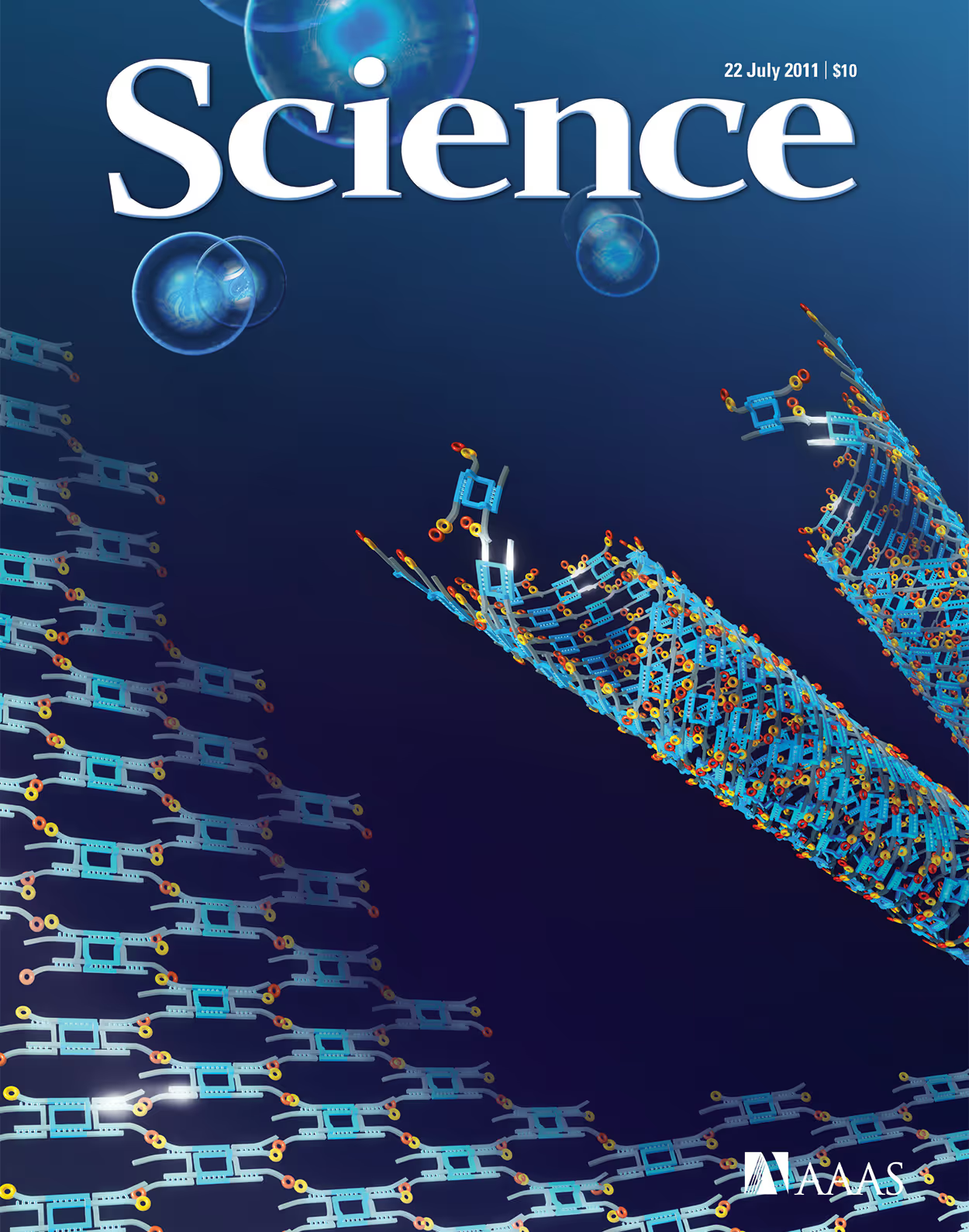
Featured as a cover article in Science, Vol. 333.
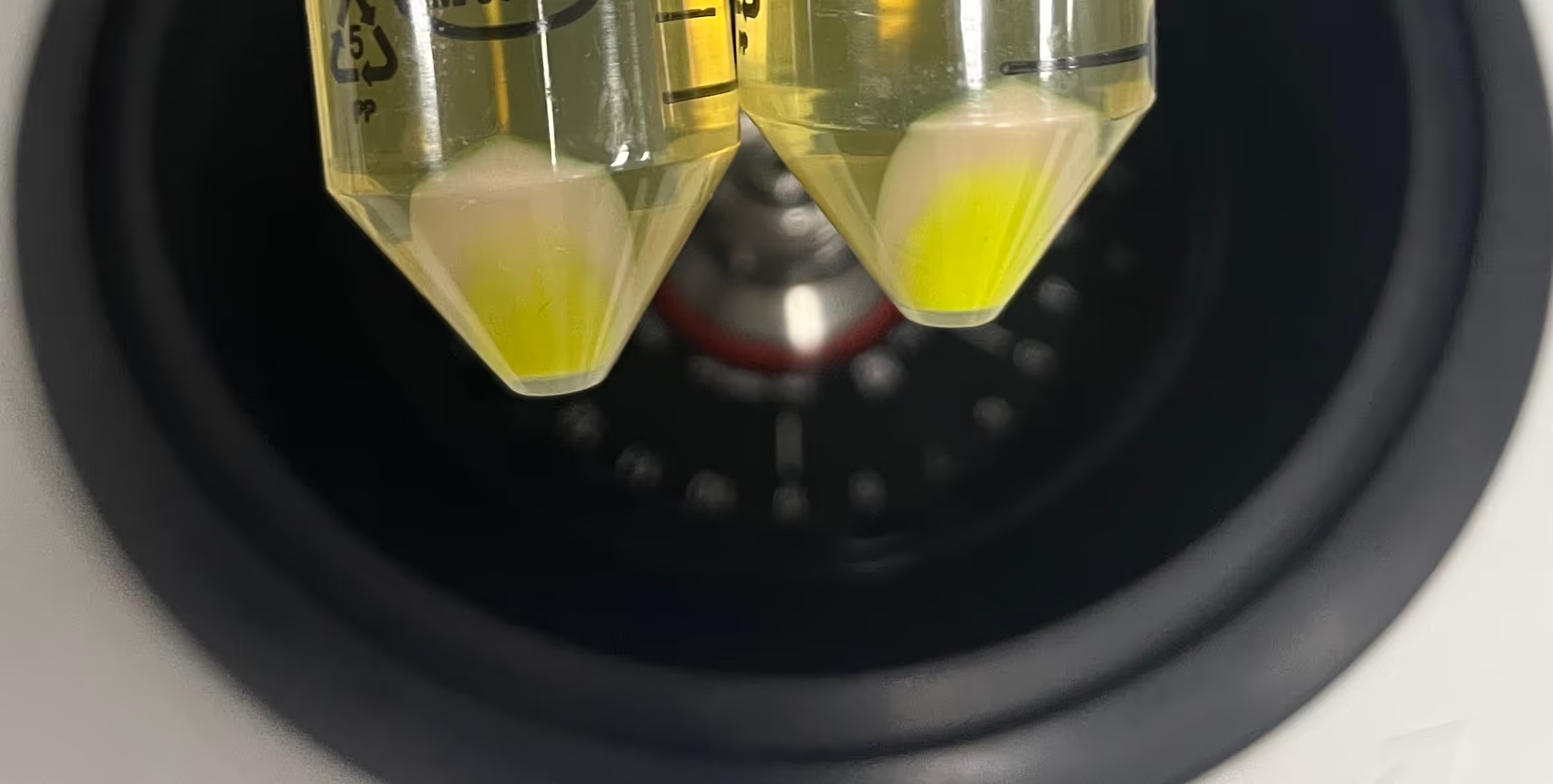
How can we reliably instruct living systems? We explore design principles to develop architectures and languages for programming biology.
This includes organizing temporally or spatially interactive components within a cell and understanding the dynamics of multi-species communities.
Key design principles such as abstraction, modularity, miniaturization, and parallelism are reassessed through extensive experimental validations, alongside new principles we propose like 'universal design.'
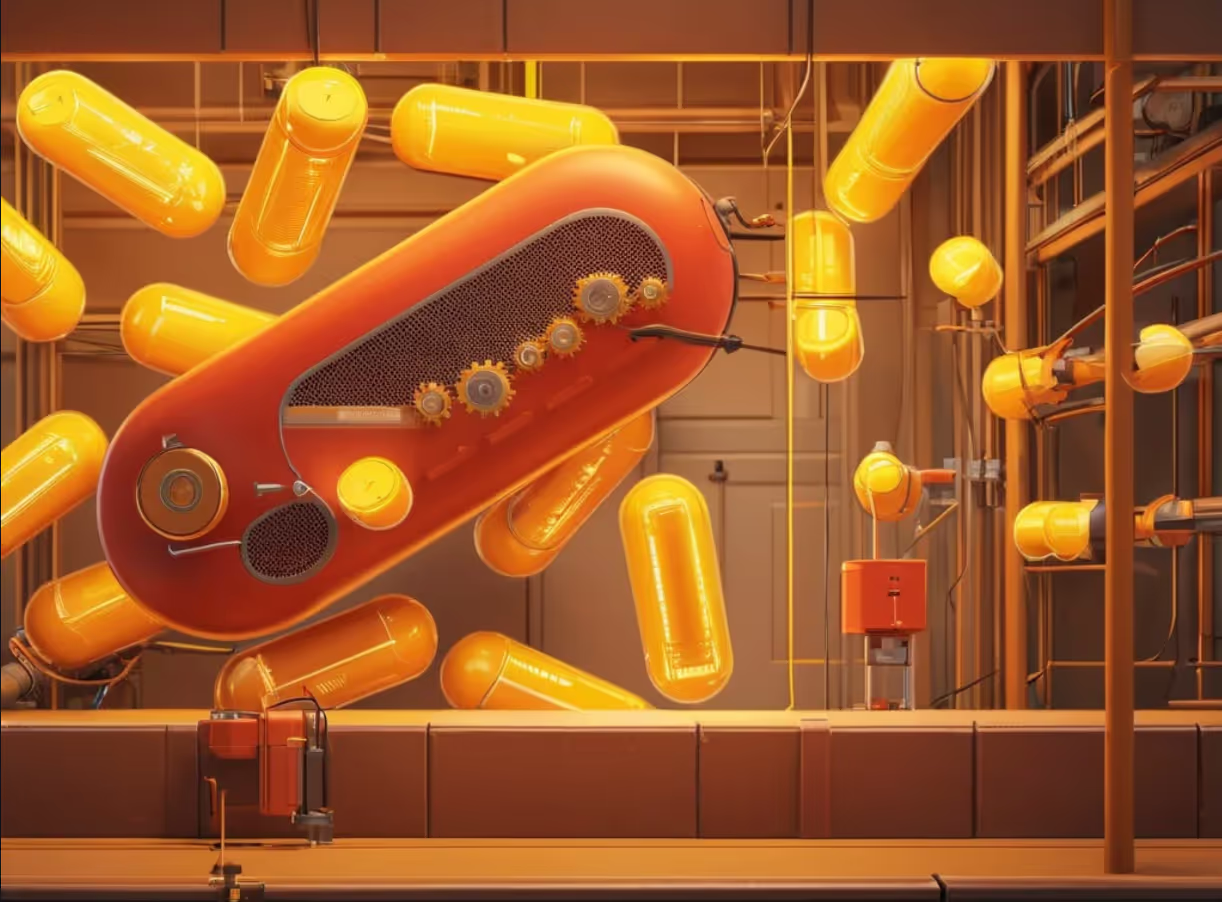
Artificial intelligence is integral to navigating biological complexity and scaling our efforts.
We're not simply adding AI to wet-lab workflows; we integrate AI and biological programs to collaborate organically, accelerating discovery and uncover new insights.
Explore our innovative projects
We are always interested in exploring collaborations with academic labs, research institutions, and industry partners who share our passion for pushing the boundaries of biological programming. If our research resonates with your work, please get in touch.
Contact Research Team